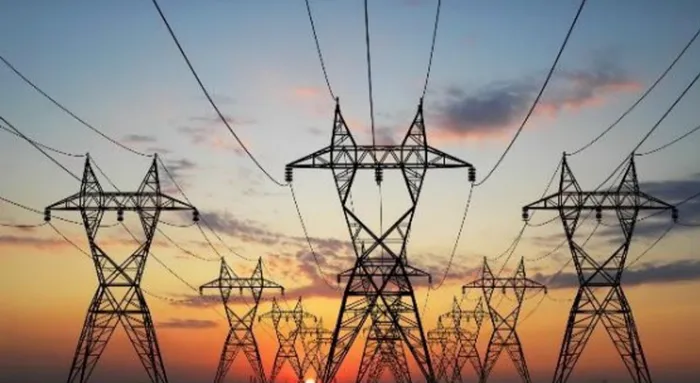
RESIDENTS and businesses will face additional electricity tariff increases of 3.4% and 2.64% in 2026/27 and 2027/28 respectively, following a R54 billion calculation error by Nersa.
Image: File
RESIDENTS and businesses will face additional electricity tariff increases of 3.4% and 2.64% in 2026/27 and 2027/28 respectively, following a R54 billion calculation error by the National Energy Regulator of South Africa (Nersa).
Various stakeholders have warned that these hikes will further strain household budgets and damage business competitiveness.
Ish Prahladh, president of the eThekwini Ratepayers and Residents Association, said such increases resulted in households being over-burdened.
“It also has a huge impact on businesses. It seems that the circumstances of citizens - especially those who are unemployed and businesses that are struggling to keep their doors open - have not been considered.
“How will they cope? In addition, an increase in tariffs has a ripple effect such as the increase in the cost of transport and food. We will certainly see a spike in the number of people battling to make-ends-meet if these increases continue.”
Anthony Waldhausen, chief executive officer of the Msunduzi Association of Residents, Ratepayers and Civics, said the blunder by Nersa showed its “incompetency and unprofessionalism”.
He said the association was “shocked” at the further increase in the electricity tariff.
“Residents are still reeling from every other increase and will now have to pay extra for electricity, which they cannot afford. These increases will set residents back financially and result in them continuing to struggle on a daily basis.
“Residents and businesses have to suffer due to both Nersa and Eskom, who seemingly do not care about their plight. This is going to have a long-term financial impact as citizens try to navigate through the unreasonable increases.”
Waldhausen said there was a need for an intervention.
“Residents cannot continue to fund Nersa and Eskom’s incompetency and unprofessionalism. The minister of electricity and our president need to intervene to stop these high increases.”
Cobus Oelofse, chief executive officer of the Ilembe Chamber of Commerce, Industry and Tourism, said the tariff miscalculation and its subsequent handling had triggered a crisis of credibility and trust in Nersa.
“In the iLembe Chamber’s recent submission on the KwaDukuza Local Municipal Budget for 2025/26, we cautioned that high electricity costs for commercial and industrial properties was a significant deterrent to investment and local economic development.”
Oelofse said the revised tariffs, which was well above the previously approved increases, would distort municipal medium-term revenue frameworks, deepen financial strain on households, and further undermine competitiveness for local businesses.
“We therefore stress the urgency of corrective action. We also call for transparent engagement between Nersa, Eskom, the South African Local Government Association, municipalities, and businesses to ensure that any future increases are strictly aligned to cost-reflective principles, and that realistic adjustments are urgently introduced to protect economic stability and household resilience.”
Sanisha Packirisamy, an economist, said electricity tariff increases tended to raise inflation in the year it is implemented, which could have second-round inflationary effects on other components of the consumer basket.
“Electricity and other fuels account for 4.1% of the consumer price basket. As such, an increase in the tariff would cause an uptick in inflation.”
Packirisamy said given that higher inflation reduced consumers' purchasing power, it also had a negative impact on household spending.
“Household spending accounts for 67% of Gross Domestic Product (GDP). As a result of the increase, this would dent the overall GDP. However, this accounts for the direct impact only.
“But there are also indirect effects from an increase in electricity, such as higher operating costs for firms, which could filter into higher prices for consumers, should businesses pass on the additional costs, rather than absorb them to retain volumes,” she said.
Packirisamy said although the increase in the electricity tariff affects the rate of inflation once-off, it affects the level of inflation permanently.
“A structural increase in the cost base for businesses, lowers competitiveness, particularly in the manufacturing sector, which has suffered a secular decline since the global financial crisis and has since shed 439 000 jobs.”
Packirisamy said prior to a tariff increase being finalised, factors such as the affordability levels for consumers should be taken into consideration.
“However, with more consumers and businesses shifting to alternative sources of energy, for example solar, the customer base for Eskom is narrowing and this is likely to put further upward pressure on prices for existing customers to retain levels of profitability for Eskom's business model.”
Related Topics: